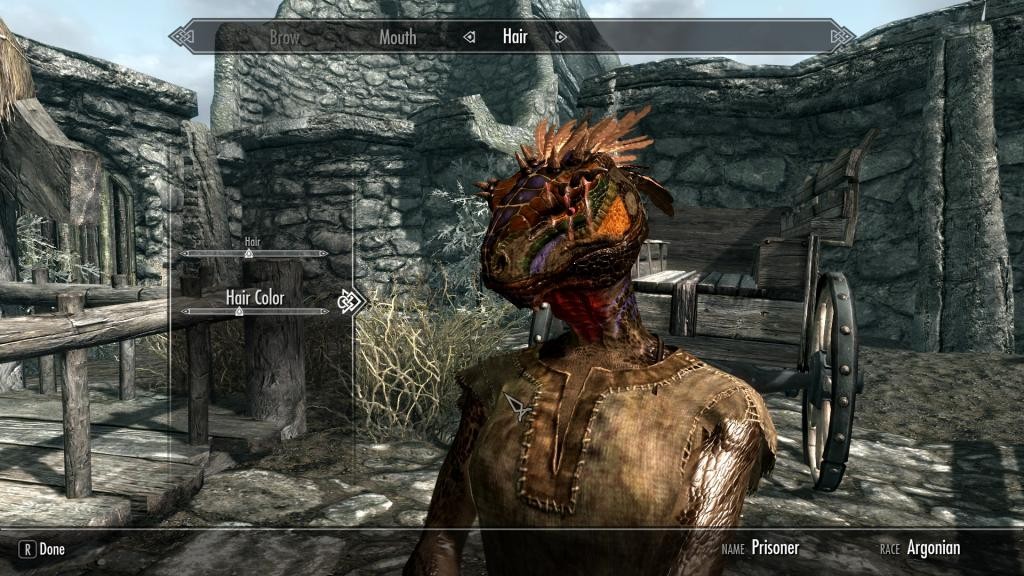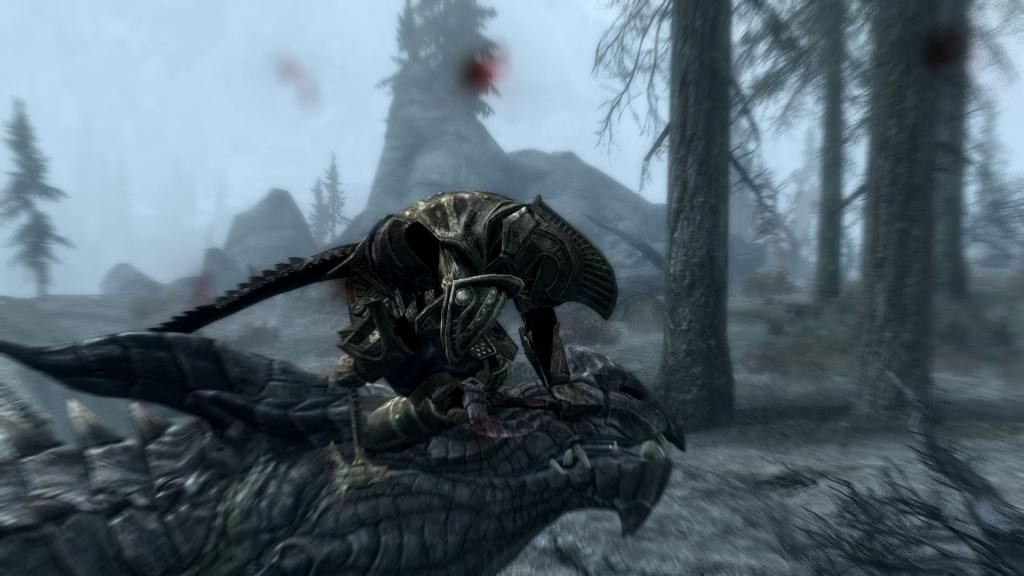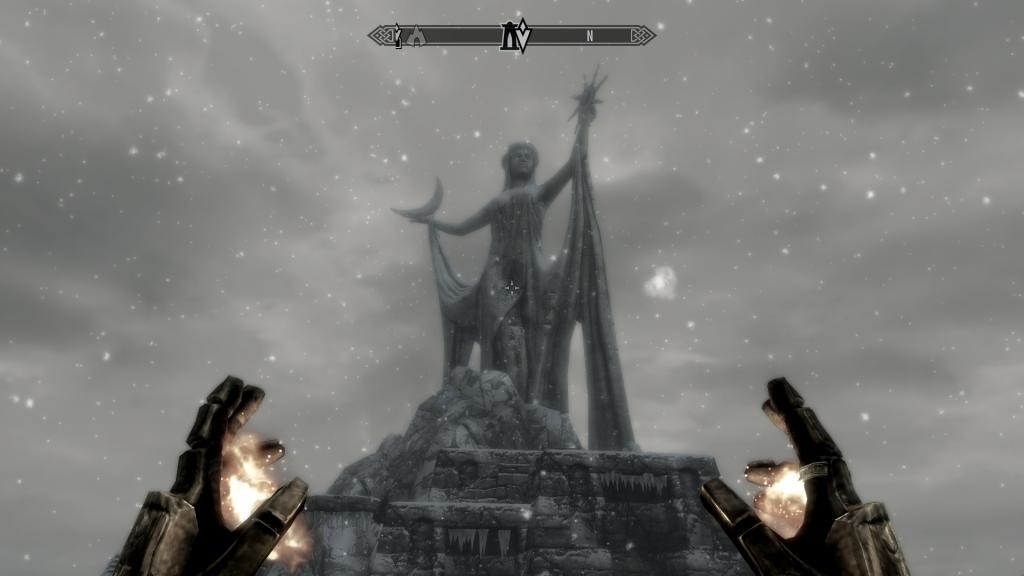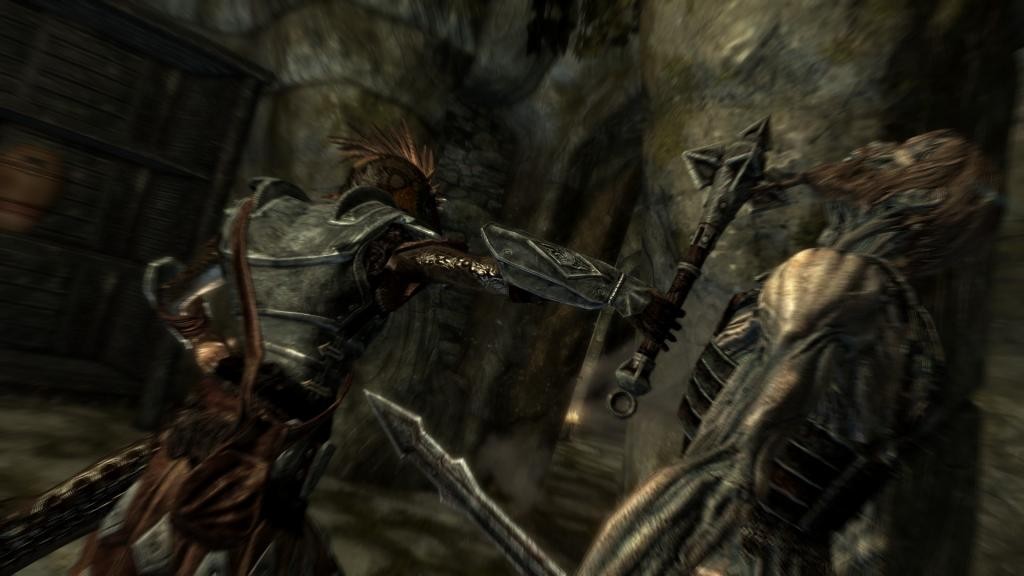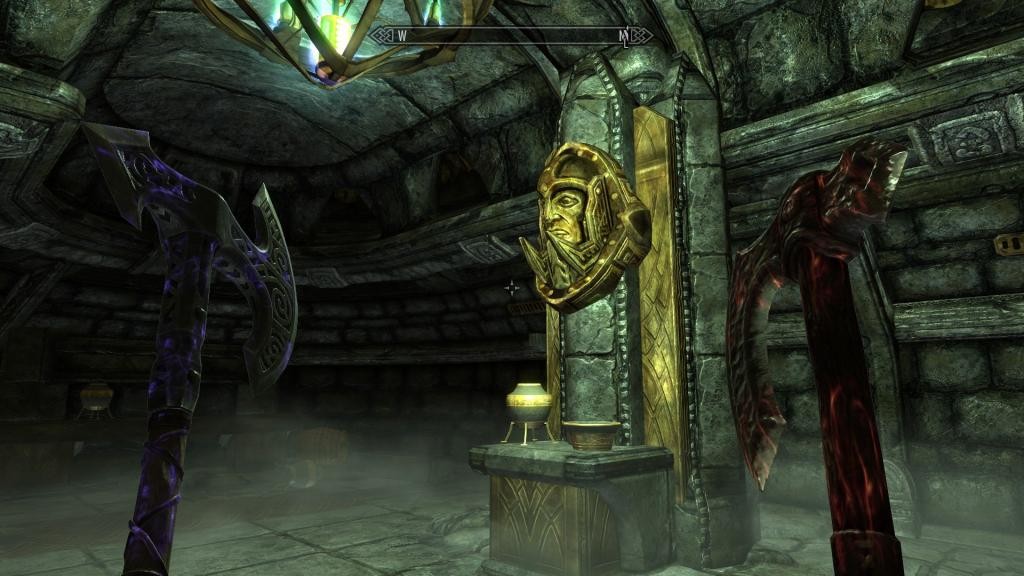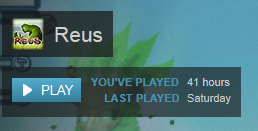On Games Journalism: Why Objective, Performance Based Reviews Are A Bad Idea (Reprint.)
This article was originally published on my personal blog, when I was planning to get back to games journalism.
So, one thing that I have seen people calling for is “More objective” reviewing. Sometimes, they mean “Less biased overall” (Which is good to ask for), sometimes they mean “I don’t want political viewpoint X to be represented so god-damn much” (Tough titty, writers have political viewpoints, readers have political viewpoints, and if you don’t want to deal with gender and politics, good fucking luck in life. No, really, good fucking luck.)
Sometimes, however, they really do mean “objective”, in the sense of purely representing the technical aspects, how well it runs, etc. Let’s illustrate how misleading this can easily get with two hypothetical reviewers. Let’s call them Jim and Graham, after Jim Rossignol and Graham Smith.
Jim has a computer which often meets minimum specs for AAA games, but rarely optimal specs for the newer ones. So he can play the game, but he can’t afford to get the whole experience (Because, spoilers, even guys who write full time for a mag don’t get paid a whole lot!). He experiences some slowdown at certain points in the game, but, unbeknownst to him, this isn’t because his setup isn’t top notch. It’s because he’s using an AMD graphics card, and the game was primarily coded around NVIDIA cards. Yes, that’s a thing that still happens, even to this day. So he, naturally, mentions this as part of his review. NVIDIA fans slam him.
Graham, meanwhile, has a swanky computer with all mod cons, an NVIDIA card, and… A top range anti-virus program. This causes some problems, and, because he has a top of the range setup, he makes a bigger deal out of it. A week later, it’s discovered that his particular anti-virus program fucks with the game, and he looks like a twat.
Meanwhile, both of them use different routers, and have exactly the same problems in multiplayer, problems which are widely reported. Their editor, Steve, doesn’t have these problems, and writes an apology about both pieces when the folks who didn’t experience these problems, and didn’t notice all the complaints, decided to write in to say that they shouldn’t lower the score based on this “nonexistent problem.”
…Three months later, the readers look like twats when it turns out that, yes, the netcode was shit all along, and they start experiencing problems and complaining. And nobody’s happy.
All three of these things have happened at least once. Because there are so many different components for PCs, software and hardware, and that means Your Mileage May Vary. I’ve seen windows updates, graphics driver updates, lack of graphics driver updates, all sorts of things fucking with performance in games that sometimes, it’s hard to tell what’s actually causing a problem.
“Ahhh, but consoles are different!”, I hear you say. Perhaps. But sometimes, consoles look like they’re working when they’re actually about to break, and this, too, can occasionally affect reviews. Less than PC reviewing, it’s sure, but you still have to use a router to connect, an ISP, so keep in mind that no system is free of this.
Then, we come to another issue: With only certain exceptions, older games re-released will, on a performance based scale, consistently score higher than newer ones. For example, I can play Jet Set Willy with so much less hassle than I used to have. Before, it was “pop a tape in. Is the tape clean? Is the cassette drive jammed? Do I have the cable connected?”
Now? “Put thing on hard drive, run program/emulator, fiddle with performance settings a little.” 100000/10, much god-damn better than it used to be. Sonic 1 runs far better, on my current system, than Lichdom: Battlemage, and so it scores higher.
“That’s not what we said, though! We meant as they come out!”
Ah, you’re right. But re-releases are often reviewed as new products, because some of them (Not all, but some) come with slightly swankier graphics, and a slightly improved engine, and nothing else. Oh look, that re-release, on a performance base, still runs better than brand new AAA game, because it didn’t have extra fancy gubbins.
Indie games would consistently score higher on a performance basis, because they’re less resource intensive and smaller. The simpler the game, the higher it could score on a performance basis. And then comes the real killer: You then have to consider how much performance the game needs compared to its compatriots. Is it “objectively” better because it needs less resources, or “objectively” worse because it doesn’t need to be as effective in using your computer’s resource allocation?
“But you don’t need to know these things, all you need to know is whether it’s ‘objectively’ good or bad on your system, let readers…” No. Stop right there.
“Good” and “Bad” are rarely objective statements, because they’re value judgements. You’re stepping into “Worth” territory, and if you think that’s something that can be objectively judged, I’m going to laugh. Hard. An object’s worth changes, fluidly, based on subjective factors.
Good example: The white jacket I wanted for ComicCon. It’s worth less to me now that I don’t need it for a costume, because when I tried to get it, it was for a specific purpose. That purpose has been and gone, so it’s “worth” less. If other people don’t like how I look in it, it’s worth less based on their subjective views, because it’s going to get dickheads yelling stupid shit at me, which reduces its worth because of the hassle it cost me. If I lose or gain weight, it’s going to hang differently, look differently, and so have a different worth to my self-esteem.
Then there’s all the factors you’re now leaving out, whether due to space or time constraints. Most reviews are 500-2500 words long. That’s it. Are you going to read an article that’s 2,500 words about how it performs on System X with Hardware Y,Z,A, and B, when you yourself have System X with Hardware C,D,E, and F (Not to mention that the reviewer probably won’t have even noticed that Software G, which you have, and they don’t, causes bugs in the game)?
Would you read it if it didn’t comment at all on the writing, or great moments in the game, or how a mechanic feels like it fits with the theme you think they’re trying to portray? All of these are subjective things you’ll be missing out on: The cornering on Burnout Paradise isn’t, by any means “Realistic”… Hell, describing it objectively, it would be “The lower statistic X is, the more likely it is to rotate the vehicle you are driving in a manner more consistent to ‘sliding’ than ‘turning’ , especially at higher speeds.” … But it’s fun, not to mention collisions. We like collisions in racing games, right? “The collisions are rendered using a physics engine that -” GOD STOP, PLEASE, THIS DESCRIPTION CAN GO ON FOR HALF A PAGE, AND IS NOWHERE NEAR AS EFFICIENT, FOR A READER, AS…
“The collisions, meanwhile, are sufficiently meaty, with lots of crumpling, slow motion replays, and a delicious feeling of ‘Yup, that car is fucked, and there is no consequence for this. God bless Fun’.”
Which is, you’ll note, largely subjective. Long live subjectivity, I say!

